NRC seeks public comment on Diablo Canyon draft environmental report
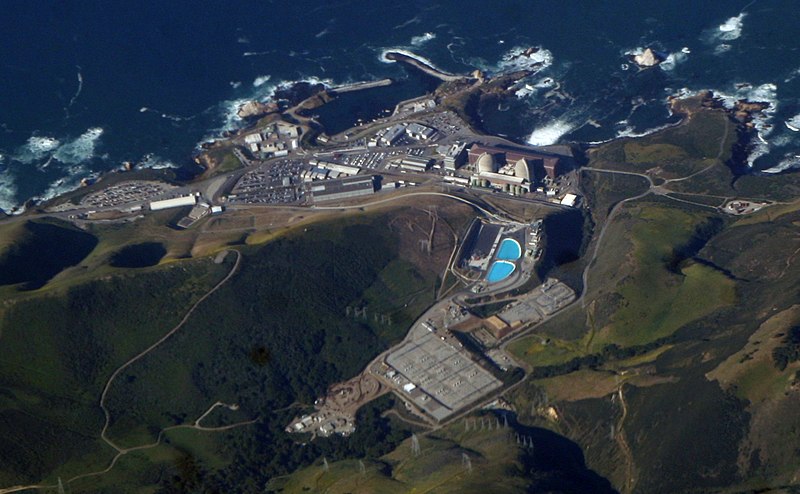
The Nuclear Regulatory Commission is asking for public comment on its draft supplemental environmental impact statement for Diablo Canyon’s license renewal request.


The Nuclear Regulatory Commission is asking for public comment on its draft supplemental environmental impact statement for Diablo Canyon’s license renewal request.
In response to a petition filed by environmental groups earlier this year, the Nuclear Regulatory Commission will reinvestigate earthquake fault lines and the potential for seismic activity and ensuing damage at California’s Diablo Canyon nuclear power plant.

The Nuclear Regulatory Commission has renewed the operating licenses of Comanche Peak Units 1 and 2 for an additional 20 years.
Unit 1’s operating license now expires on February 8, 2050, and Unit 2’s on February 2, 2053.

In budget discussions conducted last week, the California legislature rejected a $400 million budget item to help keep the state’s sole remaining nuclear plant operational.
Diablo Canyon—owned by Pacific Gas & Electric—has been the subject of much debate in California. To meet grid demands during a record hot summer in 2022, Gov. Gavin Newsom had cut a deal to give $1.4 billion to support continued operations at the 2,200-MWe nuclear facility.
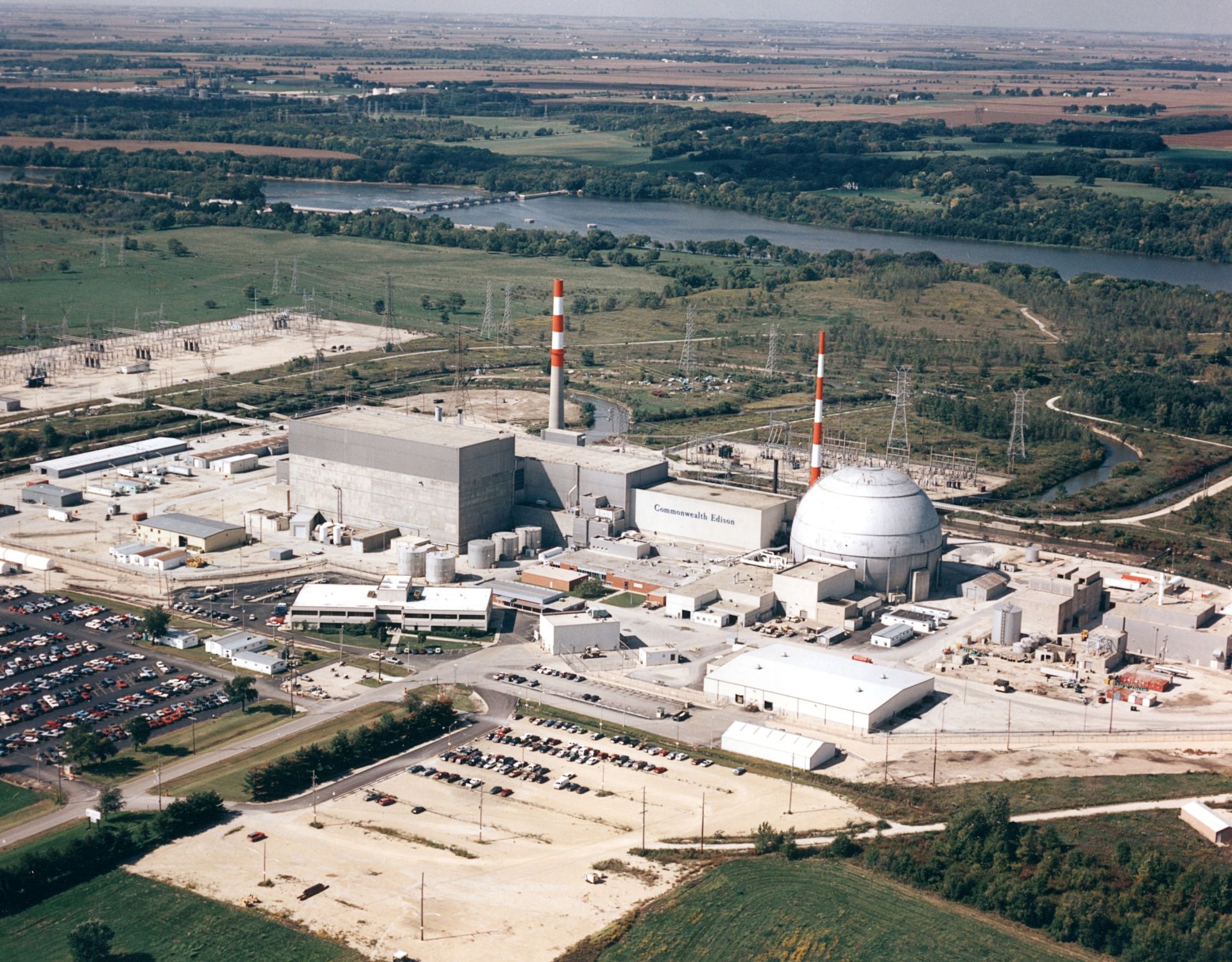
Constellation Energy has filed with the Nuclear Regulatory Commission for a subsequent license renewal for its Dresden nuclear power plant in Illinois. The extension would allow Dresden to run through 2051.
The filing begins a comprehensive, multiyear review by the NRC. Unit 2 is currently licensed to operate through 2029 and Unit 3 through 2031. The facility’s license was first renewed by the NRC in 2004.

Constellation Energy is asking the Nuclear Regulatory Commission for an initial license renewal for its Clinton nuclear plant in Illinois, which would allow the facility to operate through 2047.
This move is not unexpected from Constellation, the largest producer of nuclear power in the United States. The vast majority of nuclear plants in the United States have already been approved for their first 20-year renewal term. Clinton, which came on line in 1987, is one of the nation’s “newer” plants.
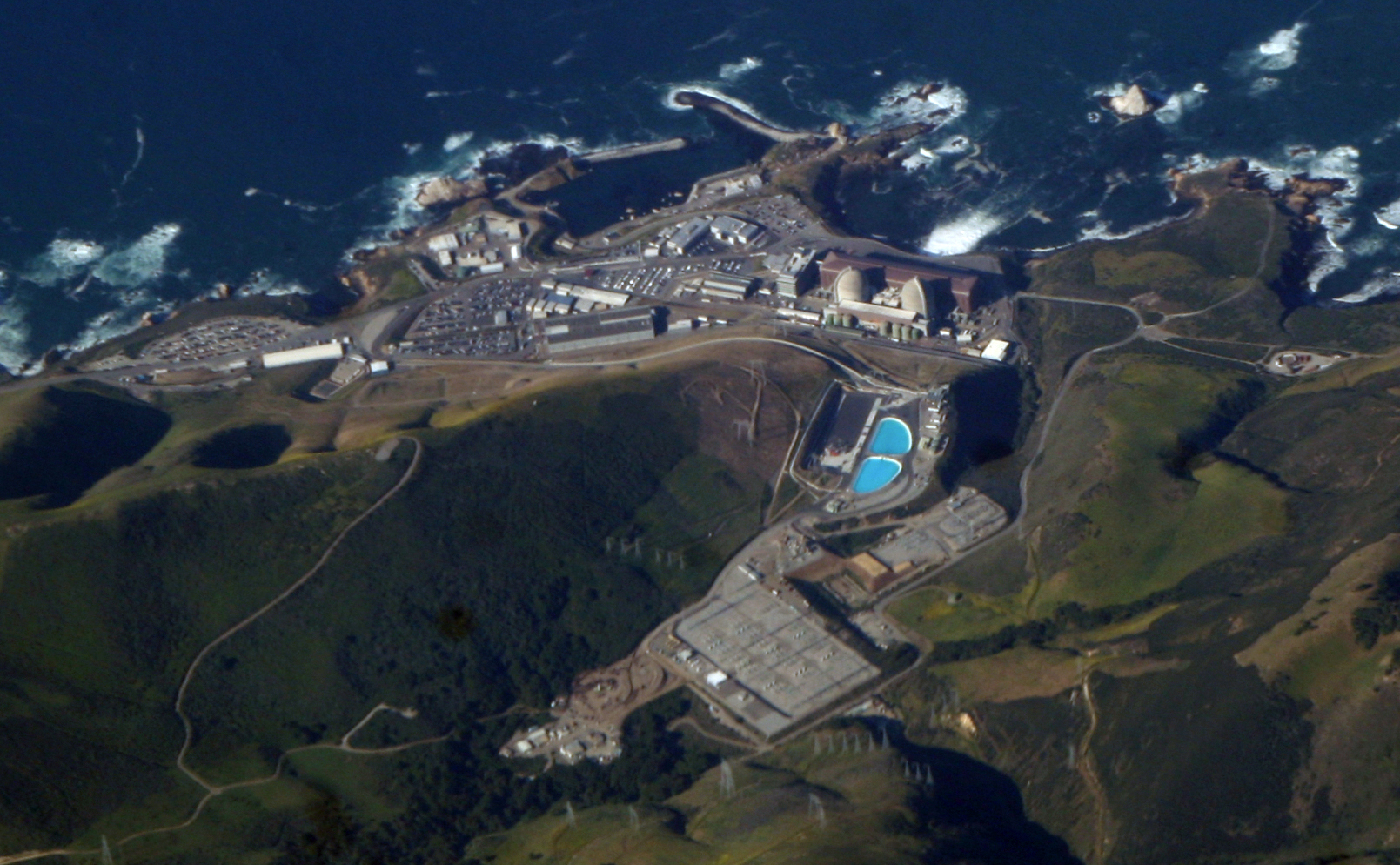
The Nuclear Regulatory Commission has scheduled two meetings in February to discuss the environmental evaluation and review process for the license renewal application of the two-unit Diablo Canyon nuclear power plant in Avila Beach, Calif.
The Nuclear Regulatory Commission has approved the transfer of the operating licenses for four reactors and their associated spent fuel storage facilities from Energy Harbor Nuclear Corporation to Vistra Operations Company, the agency announced September 29.

A California court has dismissed a lawsuit brought in April by Friends of the Earth (FOE), an inveterate enemy of nuclear power, to derail last year’s state-supported plan to keep the two-unit Diablo Canyon plant running past 2025.
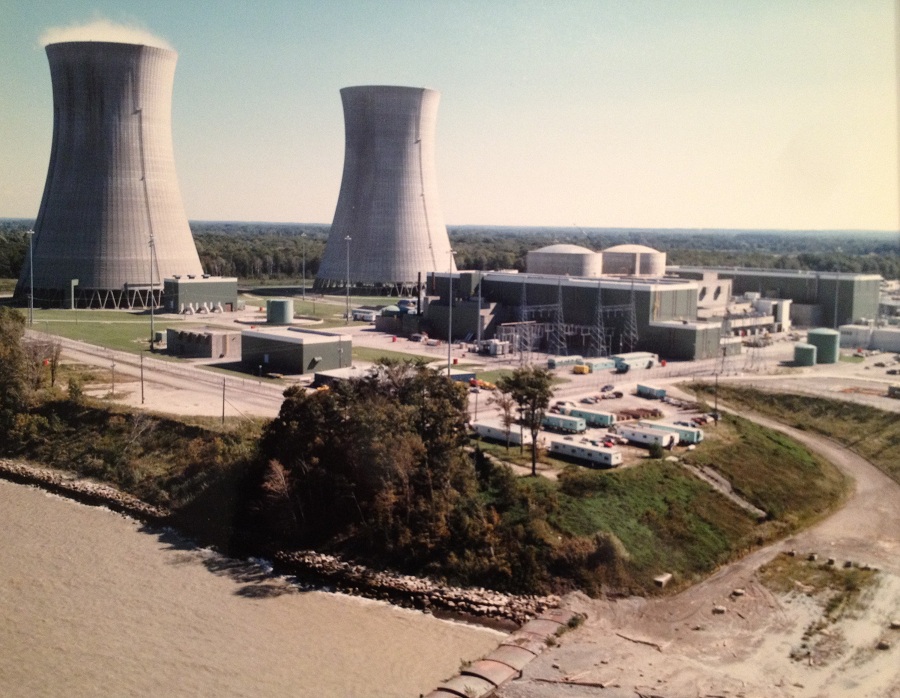
Energy Harbor has filed its initial license renewal application for the Perry nuclear power plant, requesting an additional 20 years of operation for the facility, the Nuclear Regulatory Commission announced yesterday. Dated July 3, the 2,427-page application is now available on the agency’s website.
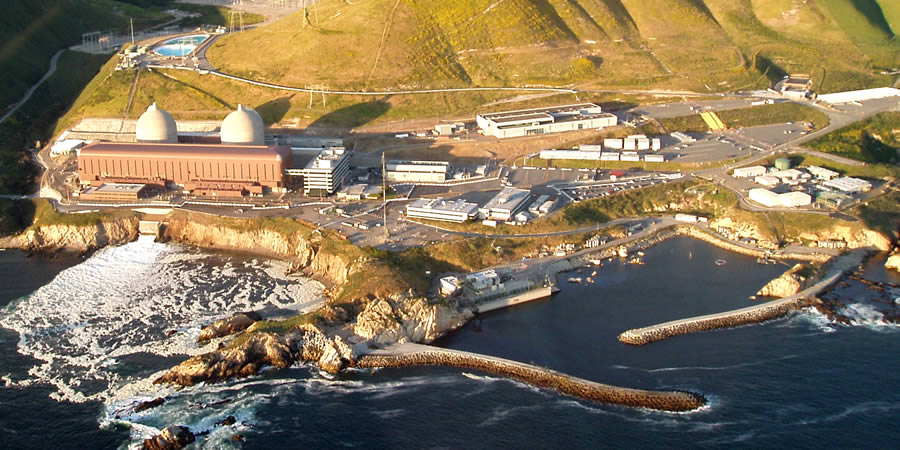
The Nuclear Regulatory Commission announced that an agency licensing board will hold oral arguments in a challenge to Pacific Gas and Electric’s application to renew its license for the Diablo Canyon independent spent fuel storage installation in California.
The arguments, which will be open to the public, will be heard by an NRC Atomic Safety and Licensing Board on May 24 beginning at 1 p.m. eastern time.
The Nuclear Regulatory Commission will hold four hybrid meetings around the United States as it seeks comment on a proposed rule to update its license renewal generic environmental impact statement (GEIS).
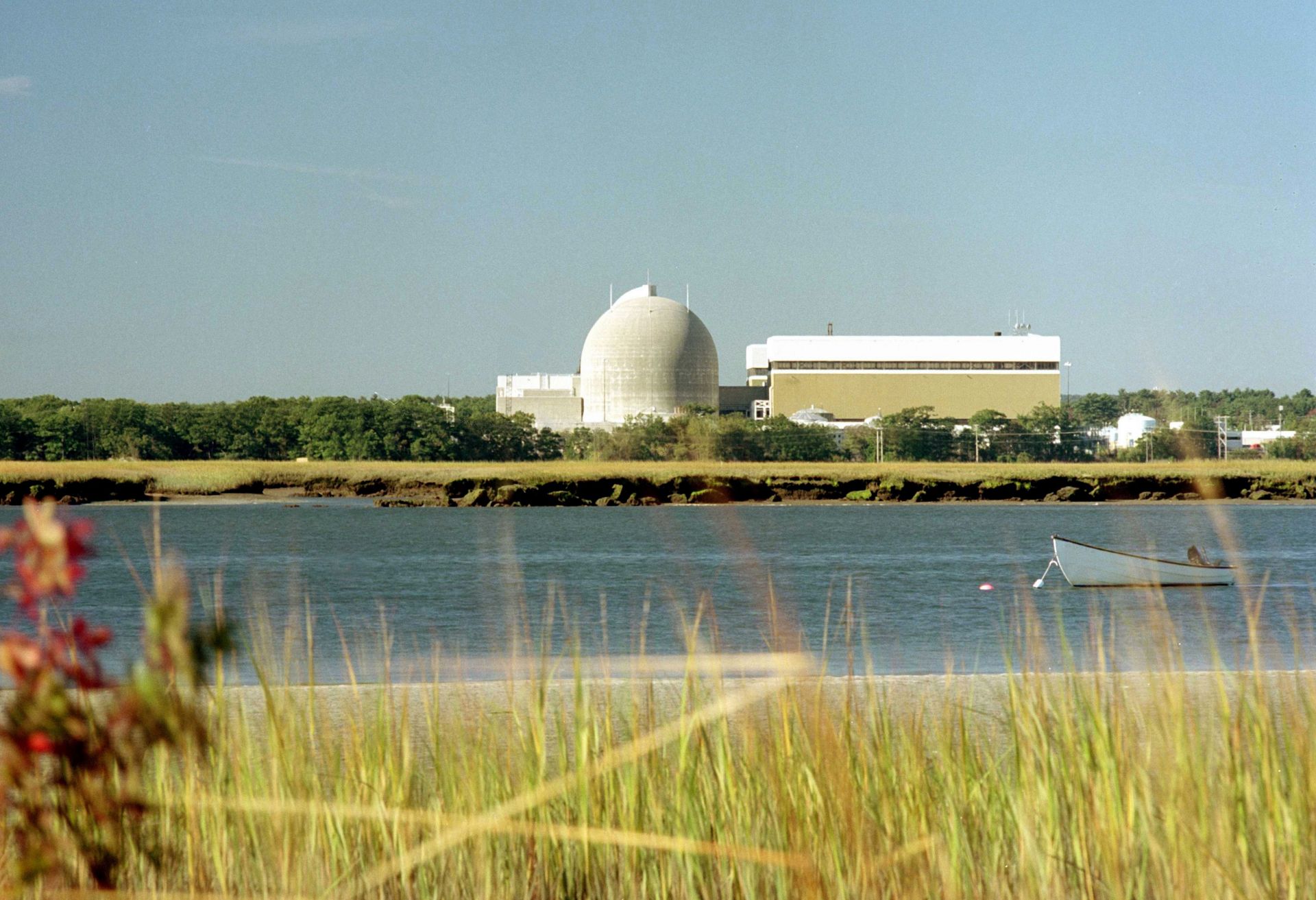
According to a new study conducted by the economics consulting firm Analysis Group, “Massachusetts utilities could save their customers $880 million to more than $2 billion by 2032 by entering into a long-term power purchase contract with the Seabrook Station nuclear plant.” The study, Economic and Environmental Benefits to Massachusetts from the Operation of the Seabrook Nuclear Plant, also found that operation of the plant through 2032 is expected to contribute as much as $2.9 billion to the state’s economy and reduce regional greenhouse gas emissions by 5 million tons per year.
.jpg)
The Nuclear Regulatory Commission has docketed Vistra Corporation’s license renewal application for the Comanche Peak reactors.
Operated by Vistra subsidiary Luminant and located in Glen Rose, Texas, the Comanche Peak plant is home to two pressurized water reactors. The original 40-year licenses for Units 1 and 2 expire in February 2030 and February 2033, respectively.
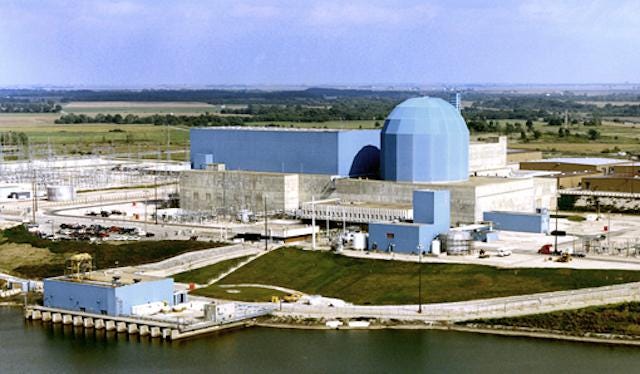
Constellation Energy, owner and operator of the nation’s largest reactor fleet, will ask the Nuclear Regulatory Commission to extend the operating licenses of the Clinton and Dresden reactors by 20 years, the company announced Monday, adding that it expects to file license applications with the agency in 2024.

Pacific Gas and Electric Company filed a letter with the Nuclear Regulatory Commission yesterday, officially requesting that the agency resume its review of the utility’s license renewal application for Diablo Canyon Units 1 and 2.
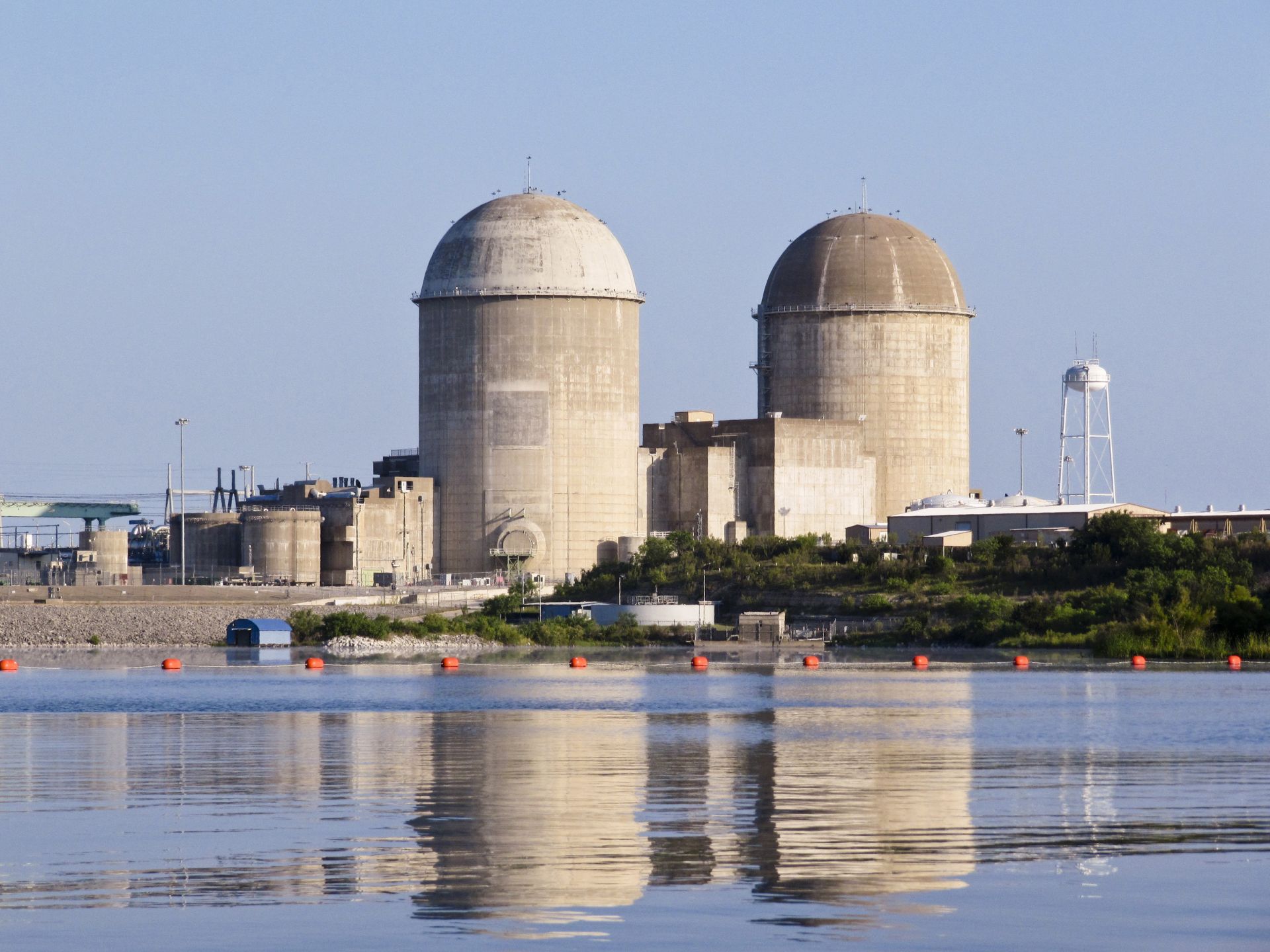
Vistra Corporation announced yesterday that it is seeking 20-year life extensions for its Comanche Peak reactors and has submitted an application for license renewals to the Nuclear Regulatory Commission.
Operated by Vistra subsidiary Luminant and located in Glen Rose, Texas, Comanche Peak is home to two Westinghouse-supplied pressurized water reactors. The 1,218-MWe Unit 1 began commercial operation in August 1990, with the 1,207-MWe Unit 2 joining in August 1993. The original 40-year licenses for Units 1 and 2 expire in February 2030 and February 2033, respectively.
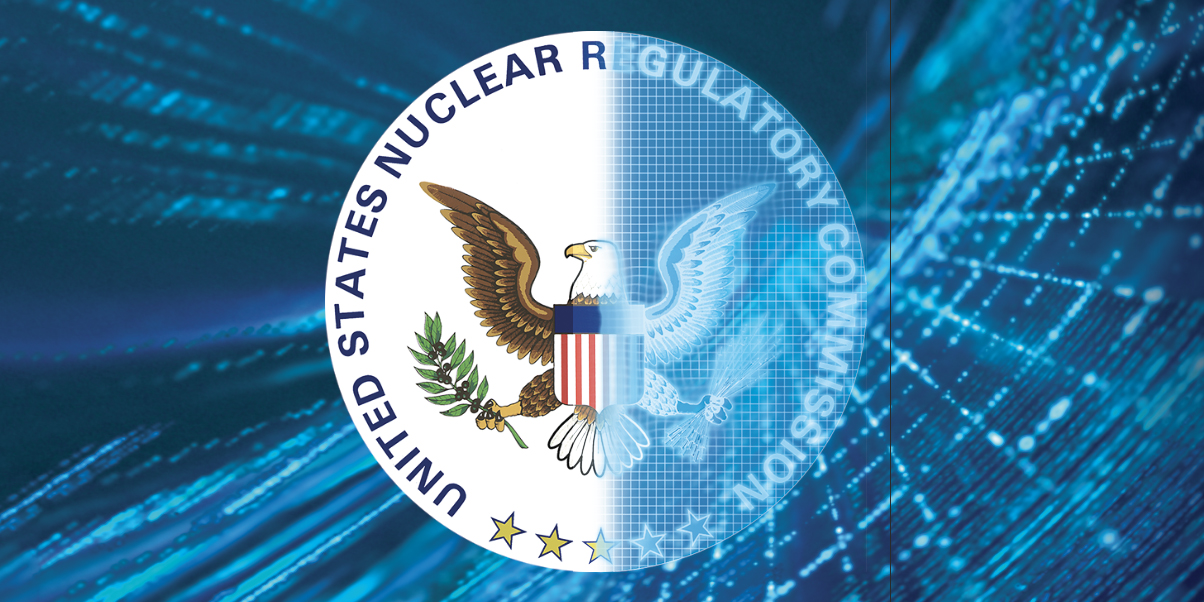
The Nuclear Regulatory Commission is seeking qualified candidates for an open position on its Advisory Committee on Reactor Safeguards. The ACRS is an advisory group that provides independent technical review of, and advice on, matters related to the safety of existing and proposed nuclear facilities and on the adequacy of proposed reactor safety standards. It also advises the NRC on health physics and radiation protection issues.
Interested individuals can find candidate criteria and details in the Federal Register notice published on September 8 and available on the NRC’s website. Resumes will be accepted until December 7.
Resumes should be sent to Makeeka Compton and Jamila Perry, ACRS, Mail Stop T2B50, U.S. Nuclear Regulatory Commission, Washington, DC 20555-0001, or e-mailed to Makeeka.Compton@nrc.gov and Jamila.Perry@nrc.gov.
More information on the ACRS is available on the NRC’s website.

The Nuclear Regulatory Commission has halted efforts to consider allowing U.S. nuclear power plant owners to request 40-year license renewals for their facilities, the agency announced on Facebook and Twitter on July 2. Currently, the maximum potential operating lifespan for a plant is 80 years: 40 years with the original license, 20 more with an initial license renewal, and another 20 with a second renewal.
This year’s Utility Working Conference, held on August 11, had a dynamic opening plenary and a packed roster of informative sessions. Following are recaps of some of the 12:00 p.m. (EDT) sessions that took place.
You can read about the UWC's opening plenary here.
Look for more meeting recaps later today.